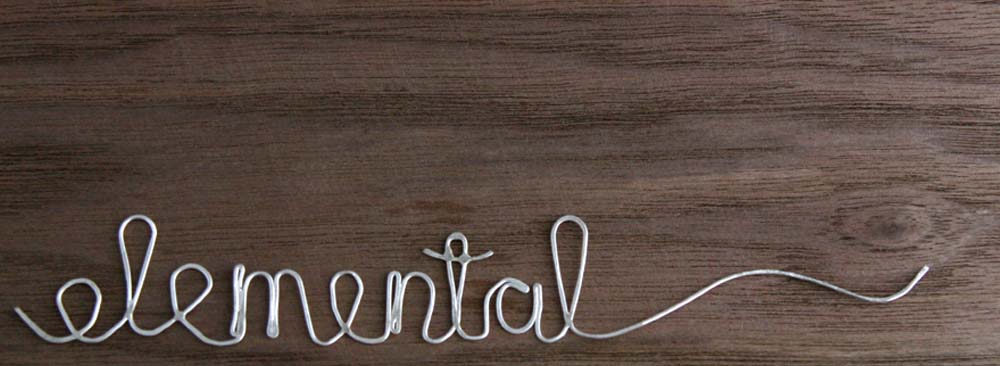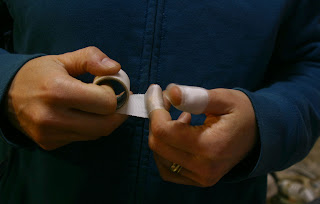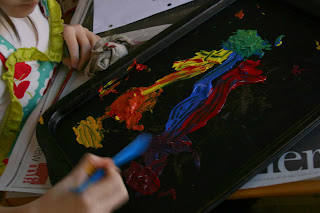The long cold days of winter are the perfect time to delve a little deeper into a few things I've been meaning to teach the girls. One such topic is color theory, and while the girls have known how to mix and make various colors since they were tiny, there's always room for practice. We also explored beyond primary and secondary colors, into tertiary colors and complimentary colors.
You want a big surface with enough space to mix lots of colors. I used baking sheets for this, and if you're using tempera or acrylic paints, it will wash right off with water. We started with only the three primary colors, along with one paintbrush and a palette knife. If you don't have a palette knife, you can substitute a butter knife or use clay tools, like we did.
Make a simple color wheel with blank spaces, and have the kids fill in the primary colors, and then have them mix the secondary colors. Encourage them to mix the colors thoroughly with the knife before painting.
From there move into
tertiary colors, demonstrating how red mixed with orange makes red-orange, how blue mixed with green makes blue-green, etc...
After doing this exercise, my small girl exclaimed that there was no color she couldn't make. (I didn't have the heart to tell her about
tone yet. YET.)
Next we talked about
complementary colors, and how they relate to each other. We noted that they are opposite from each other on the color wheel, and that these colors tend to make the each other look brighter. Red and green, blue and orange, yellow and purple—all common color combinations that look good together
I encouraged them to mix the complimentary colors together, and the girls were surprised to see that they all made brown. We compared the difference between the rich browns we had just made and the brown straight out of the tube. It was clear to the girls the difference in richness of a color made "from scratch." We talked about how, really, we only needed the three primary colors, plus black and white in order to make any color they wanted.
In college, my professors were always telling us to
make the color, not
buy the color, and that a mixed color would have richness, depth, and interest that a factory color would be lacking.
Like a good recipe, it's the quality of each part that goes into the whole that's the difference between a ho-hum finished product, and an amazing one. Keep this in mind as you encourage your kids to make their own colors, using their knowledge of the color wheel as a guide. Their finished paintings will have a new level of interest to them, as well as an added level of involvement. And having kids push paint around with palette knives is a fine way to spend a long, cold day.
For more tips on teaching your kids to use color in their art, read my Beginner Drawing Lesson for Kids post on
color.


















































